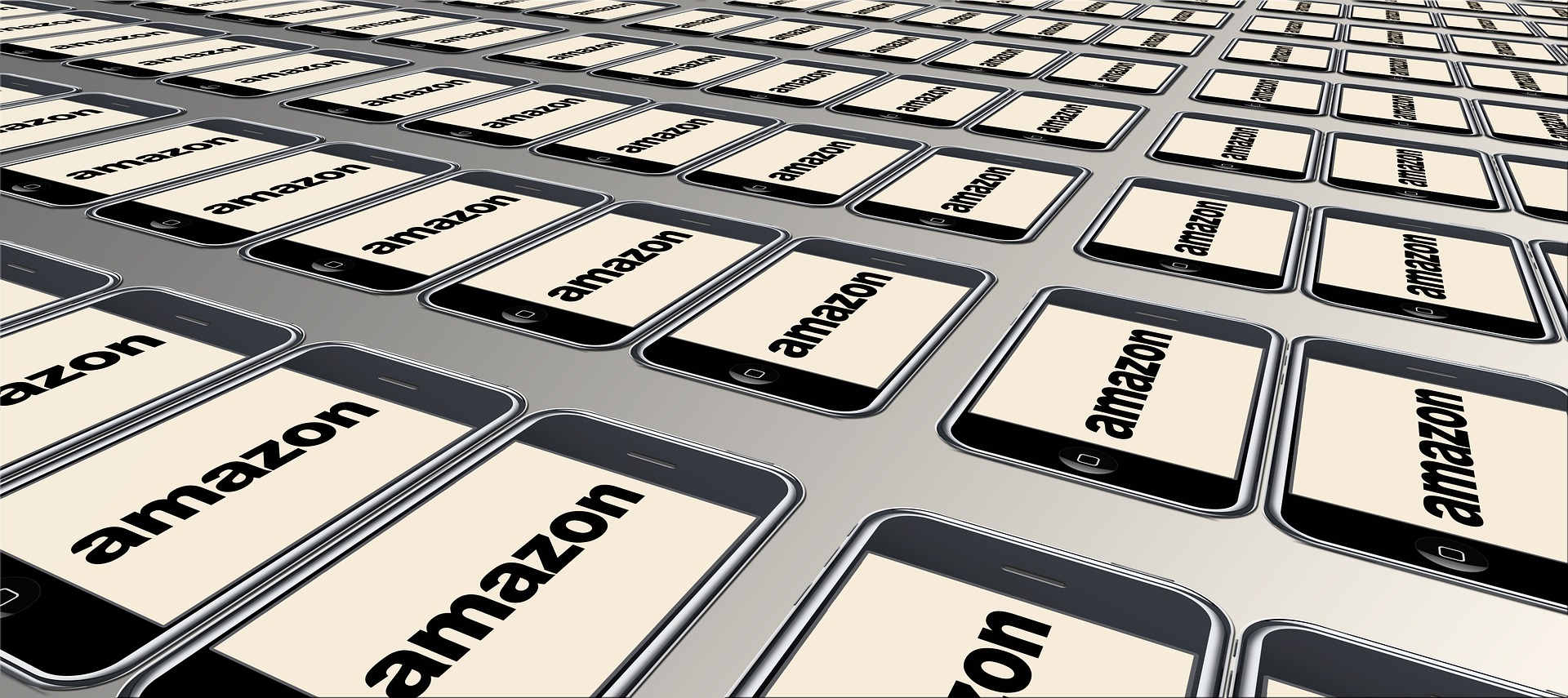This week, it was announced by Amazon owner Jeff Bezos that all Amazon workers were to receive a minimum wage increase (to $15 an hour in the United States and £9.50 outside of London in the United Kingdom). While this has been widely and rightly praised by members of the press and politicians alike, it should not be regarded as the solution to all of Amazon’s problems. Nor should it be thought that the trade unions in the United States have somehow orchestrated the world’s richest man to give in to their demands and give Amazon workers a minimum wage increase. The origins of this wage hike go far deeper than that.
For one, trade unions in the United States have faced so many historic attacks from former Presidents and Congresses that they barely even exist anymore. The largest union in the United States is the National Education Association of the United States (NEA), with just over two million members. Given that the unemployment rate in the United States is now down to around 3.7%, this is tiny. Not to mention that Amazon workers are not educators. Trade unions now exert very little influence over their workplaces, particularly when facing such an anti-union Republican government as they have been doing since 2016.
No, this minimum wage increase goes much deeper than the impact trade unions had (or did not have). In this case, I believe that the reasoning is two-fold. Firstly, Jeff Bezos and President Donald Trump have been embroiled in a very public spat ever since Donald Trump first became President. This might simply be down to the fact that Bezos, alongside Amazon, also owns The Washington Post. This is a liberal newspaper that frequently enjoys criticizing the President and a newspaper that Trump enjoys criticizing in return.
But it goes deeper than that too. Jeff Bezos is now the world’s richest man, and Amazon is only the second company to pass the $1bn value mark after Apple. It is well known that President Trump’s temperament and jealousy are prone to occasional outbursts. The fact that Bezos is far, far richer than Trump right now must be paying on the President’s ego, and it must be a very sore point for a man who once wrote a book on how to be the most successful in business.
Personalities aside, however, this minimum wage increase is not the complete gift workers were hoping to receive. It has recently been reported that Amazon has withdrawn additional bonuses and benefits, including valuable stocks that workers owned in ‘favour’ of a minimum wage increase. The Guardian noted that some stocks that have been taken away from workers in return for a higher minimum wage were more valuable than the take-home benefit of a wage rise. By stripping workers of stocks and offering a wage increase, workers are actually losing out in terms of the money that they will take home. Not to mention the fact that the Trump administration is targeting Amazon in terms of U.S. anti-trust laws (laws that state that private corporations cannot monopolize their area of business). There are very real concerns that Amazon is beginning to dominate most marketplaces, not just the book market that they started out in back in 1994.
While a minimum wage increase looks good on paper and will certainly be a relief to minimum wage workers, it should not be looked upon as a solution to all of Amazon’s problems. The company will probably face a fine for breaking marketplace regulation laws. The worst-off workers who gained a minimum wage increase but lost valuable stocks in the company as Amazon withdrew them alongside the wage rise, will actually see less money in their real-world finances. Watch this space – this won’t be the last you hear of Amazon in the news.
Jack Walker

